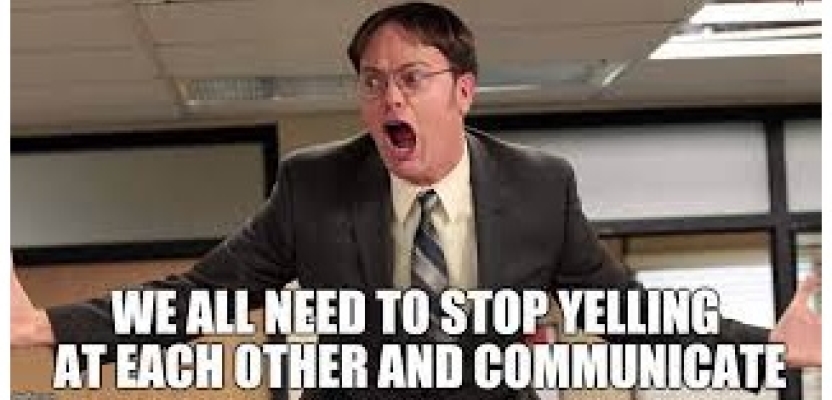Was listening to The Digital Human on Radio 4, a discussion celebrating 10 years of the programme and reviewing the trajectory of the web’s development, from an ‘unregulated’ frontier to one now in the thrall of a few major corporations and driven by algorithms. And the particularly assiduous kind, sharpening the increasingly toxic nature of online experiences.
The gist, as best I can recall from one guest’s input, is that what drives attention is conflict. The more ‘noise’ something generates, the more likely it will be pushed to the top of people’s feeds. More ‘heat’, more 'light', so to speak.
What sprung to mind was a feeling of living in an ‘age of unreasonableness’. (Spoiler alert: I’m not a great user of social, but know well enough to try and not scroll into the comments.)
Quite why that popped into my head is another mystery, as I can’t ever recall paying much attention to the root of that thought - Thomas Paine’s Age Of Reason.
Paine’s treatise drew on the argument that it’s only what we see, and can deduce from empirical evidence, that can be true for us.
Anything otherwise would appear ‘miraculous’ and therefore open to contradiction. Open to doubt. Simplistically, ‘reasonable’.
His texts, though, were met with a rather less reasonable reception.
Which isn’t surprising, given the pillars of society he was angling toward and rallying his readers’ against (but let’s just be clear here; Paine’s deism wasn’t anti-faith, but against bad {or the corruption of} faith by institutions. His argument, I gather, was that ‘I understand by reason of what I see or experience, firsthand’. On face value, it’s not a bad lens to live by.)
Being openly skeptical - and encapsulated in here an idea of a ‘reasonable position’ being one reached by what you see and so then to what you believe - doesn’t mean being ‘unreasonable’.
And while it might appear to be so to a stranger - as taking a contrary view will often give that impression - being reasonable demands a position that will take you against the grain.
If this is the case, that skepticism demands at least a degree of unreasonableness, how do we find ourselves so often found ‘against’ or ‘anti’ an opinion we offer online - if it's arrived at 'by reason'?
That the situation we most often find ourselves in is one where we could be united by disagreement (which sounds odd, but tolerance is at least a step in the right direction) - "I can see the reasoning behind this, but disagree" - but by "I can't be bothered to reason so I'll just hate you out"
I’ve a sense (well, more a hope) we’re mostly reasonable - so why are people so ‘un-’ online, when it’s never been simpler to have so much information at our fingertips; from which we can reasonably deduce other's views, from?
My guess is that what passes for ‘experience’ now is so focused on the virtual, time to actually ‘reason’ from actual, empirical, physical evidence is an increasingly rare activity.
Much easier to ‘cop an opinion’ than form your own, perhaps. It could also just be the nature of speed of life, but that's another thought.
Anyway, where’s this headed? I guess for a plea for a little more reasonableness, generally - even if it might come across as being a bit obtuse at first. And a bit more ‘reason’ before ‘react’.



